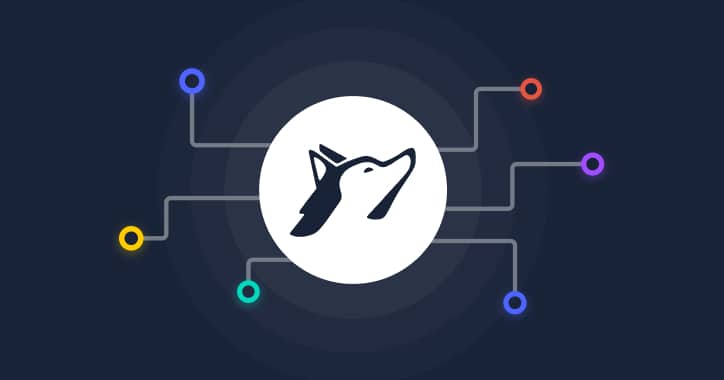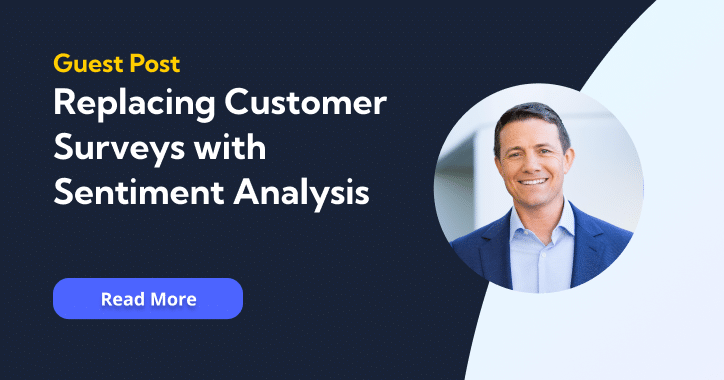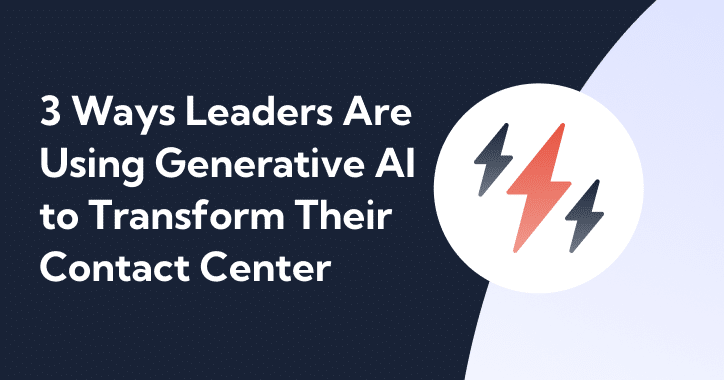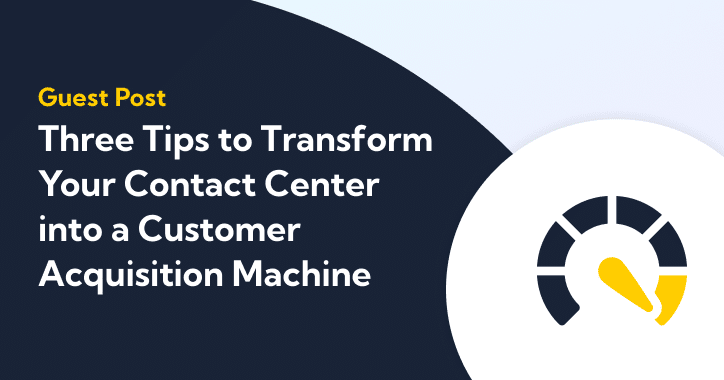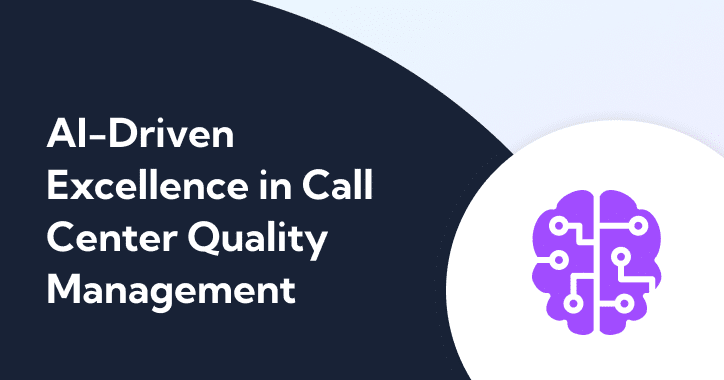An engaged employee is deliberately contributing to organizational success. They believe in the organization’s mission and want to help achieve it.
Imagine your contact center agents were engaged and highly motivated.
That’s the dream for every contact center leader. It’s also been a top challenge over the 25 years I’ve worked with contact centers.
I teamed up with Balto to chat about agent engagement in a live Q&A session. There were so many great questions that we ran out of time before we could answer them all.
Here are the answers to some of the additional questions we received.

How do you coach agents to be self-sufficient and self-motivated?
Daniel Pink summarized a lot of great research on this topic in his book, Drive. Pink found that employees tend to be motivated by three things at work: purpose, mastery, and autonomy.
An overarching purpose, like a Customer Experience Vision, can get everyone focused on the same goal.
Mastery means helping agents become really good at their job. This includes giving them the training and resources necessary to take care of their customers.
Autonomy is control over how work is done. Agents want to be empowered to do good work. A 2023 study discovered that empowering agents also makes them more resilient to burnout.
How do you manage conflict between agents?
Try to find and address the root cause of the conflict.
Start by looking for competing interests. Do agents have goals or objectives that create conflict?
For example, one contact center gave agents an incentive for achieving good survey scores. This created a conflict between teams because agents on one team were incentivized to transfer upset customers to another team so they could avoid a low survey score.
Next, make sure roles are clear. A lack of clarity over what each agent or team is responsible for can generate misunderstandings and friction.
An agent on one team took himself out of the queue to work on a high-priority project. Other agents on the team didn’t realize what the agent was working on, and resented the agent for not helping with a flood of customer calls.
Finally, look at agent relationships. Many agents don’t know everyone on their team. They haven’t had a chance to build positive relationships with their coworkers and can sometimes assume the worst when things go wrong.
Agents tend to be more understanding and respectful when they know, trust, and like the people they are working with.
How do you help agents keep up their energy throughout the day?
We naturally lose energy later in our workday. In one contact center, customer service ratings were 8 percent lower during the second half of agents’ shifts than they were at the start of the day.
Giving agents the opportunity to restore their energy is key.
Make sure agents take breaks throughout the day. Consider giving agents extra time for after-call work if necessary.
Rotate agents between queues if they have the appropriate skills. Switching agents between phone, email, chat, and even special projects can help break up the day.
Finally, make sure agents get to celebrate wins. Agents are more resilient when they know their work is making an impact.
How do you learn what motivates each individual agent?
Talk to your agents! Discover why they took the job and ask them what keeps them coming back. Ask them what they like most about the job, and what they like least.
Those conversations can help you tailor your leadership strategies to each agent’s needs.
How do you onboard agents for long-term success?
The traditional onboarding process focuses on content. Agents are expected to memorize facts about company history, products, procedures, and processes.
It can get pretty tedious and boring.
A better approach is to focus your onboarding process on helping agents succeed. Give them the skills they need to do well.
- Culture: What do they need to know to be successful in your company?
- Job: What skills do they need to be awesome at their job?
- Team: How can they contribute to their team?
This short video gives you a preview of what a successful and unsuccessful onboarding process looks like.
Should you try to motivate tenured agents?
Your agents were probably motivated when they first started the job. But something happened along the way and that motivation began to slip.
The secret is learning what demotivates your agents. Fix that and their natural motivation can be restored.
Chronic problems are one of the biggest sources of frustration for experienced agents. They grow tired of trying to solve the same problems over and over without any improvement. Solve some of those issues and you’ll likely find motivation quickly restored.
How do I add fun into the workday for agents?
Try to make fun part of the job, rather than something that’s separate from what agents do.
Pick any successful sports team and watch them play. These teams are always having so much fun!
They might be serious and determined during the game, but they cheer and celebrate when they win because that’s what they enjoy doing.
Help your agents discover joy in the job by helping them win and then celebrate those victories.
How do you re-engage teams facing headcount cuts?
This is a very difficult situation, and there are no easy answers. It will likely take some time to help agents recover from the combined shock of seeing coworkers leave and having to do extra work now that they’re gone.
Transparency is one thing that helps.
Explain to your team why cuts were made and what the team is expected to do now. Share what agents can do to make a contribution. And, be sure to ask your team what support they need to get through it.
Conclusion
Purpose is the foundation of agent engagement.
Your organization needs to have a clear purpose that agents know and believe in so they’ll want to contribute.
Many contact centers create a customer experience vision statement to spell out the purpose and get everyone on the same page. You can create your own with this step-by-step guide.
Jeff Toister is the bestselling author of The Service Culture Handbook, a step by step guide to get employees obsessed about customer service. He is a consultant and trainer who helps organizations develop customer-focused cultures. His Inside Customer Service blog has been recognized as a top customer service blog by Customer Contact Central, Credit Donkey, and Feedspot. His Customer Service Foundations course was LinkedIn’s most-watched customer service course in the world in 2021. Connect with Jeff on LinkedIn and Twitter.

